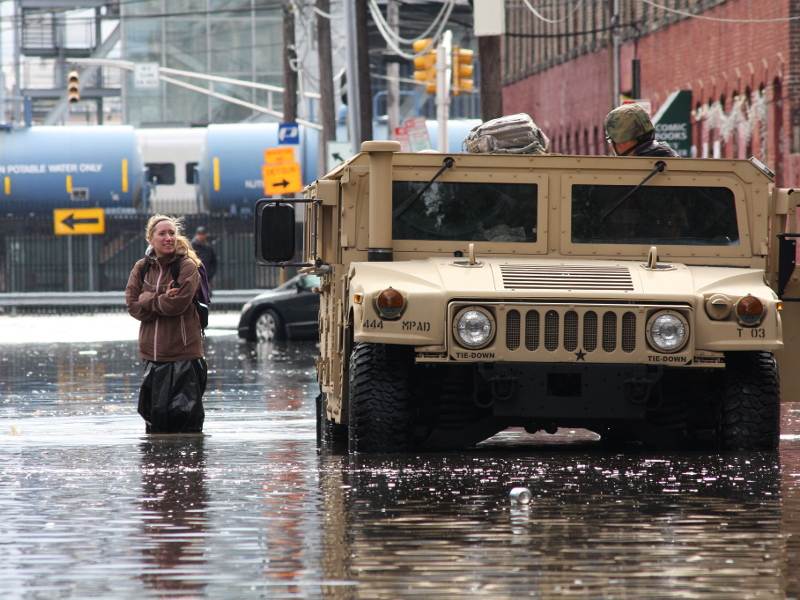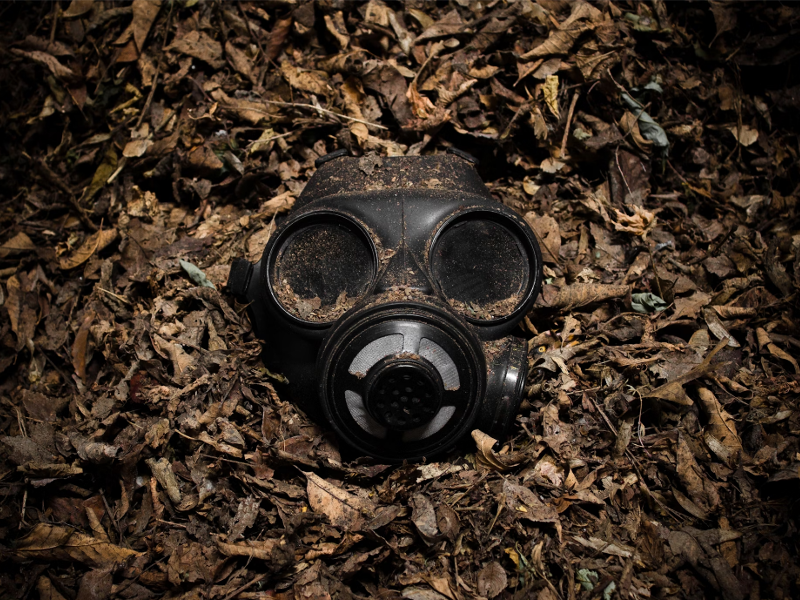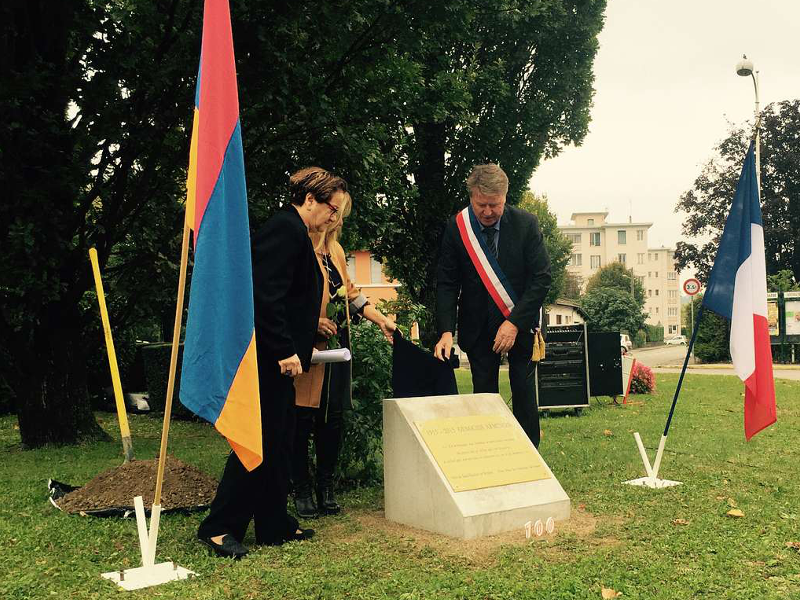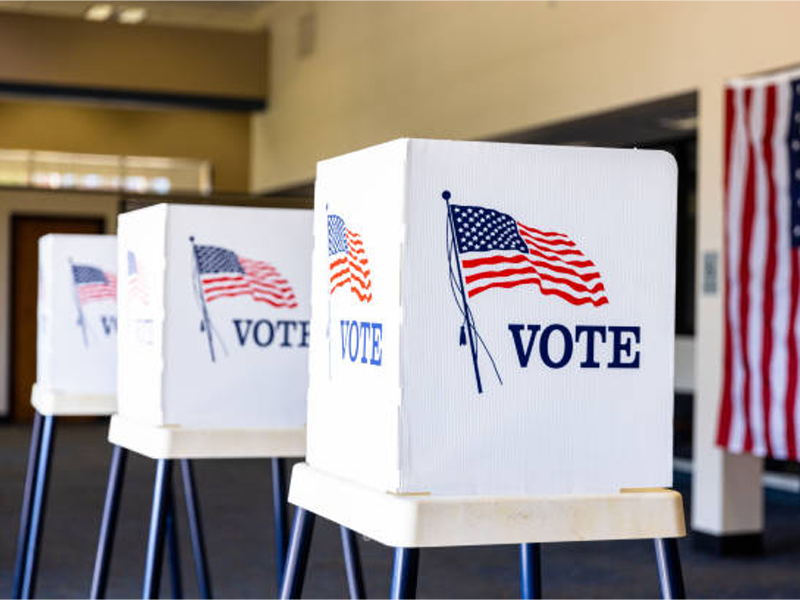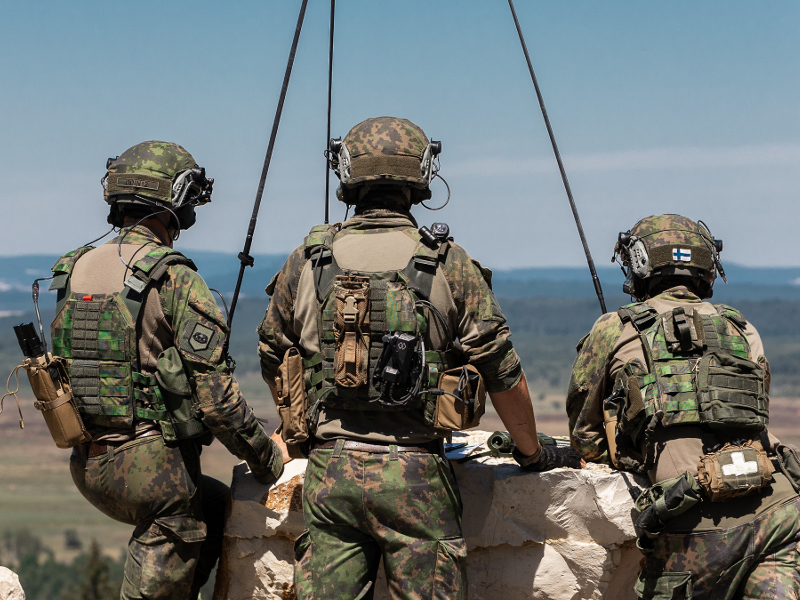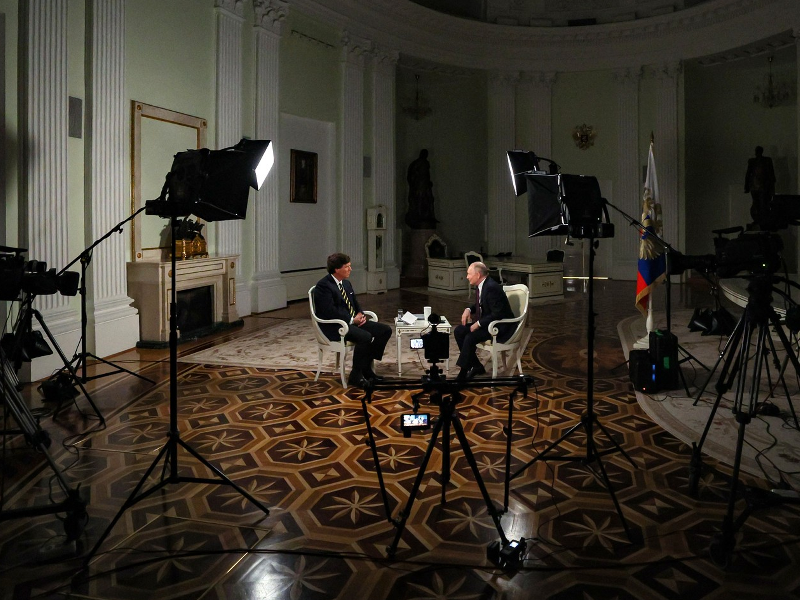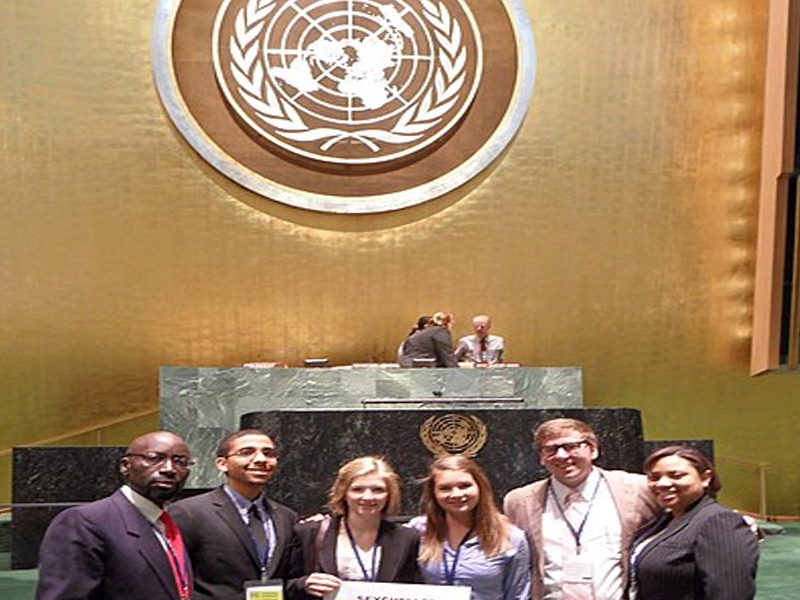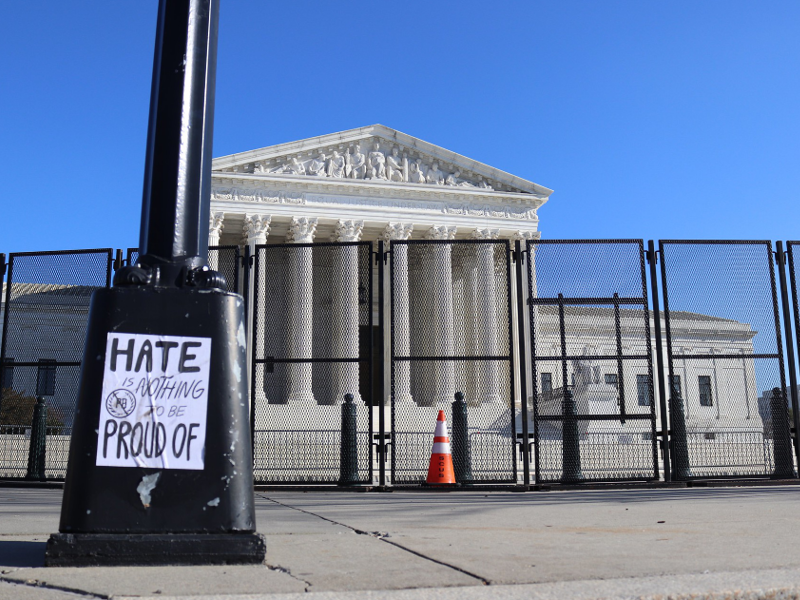With every passing day, the existential threat of climate change grows. Natural disasters are occurring at higher rates and alarming intensity, destroying homes, infrastructure, and lives. Many NATO members have endured the growth of natural disaster strength against their citizens. In Canada, the forest fire season is becoming more destructive every year, as in 2023, Read More…
5. Authors of the NCC
A list of authors, past and present
A Well-Funded Military is not a Liability in the Fight Against Climate Change. It’s a Powerful Asset
Background Recently, a series of letters to the editor published in the Toronto Star scolded the Canadian government for allegedly siphoning billions of dollars away from climate change mitigation initiatives in order to fund dubious military investments. These letters argue that the government should prioritize environmental investments over military spending, suggesting that climate change poses Read More…
NATO and Armenia: New Strategic Interests and Pathways Towards Contained Cooperation
For centuries, Türkiye has been a major player in the West’s economic, security, and international trade strategies. This has allowed Turkish governments to continue organized and popular discrimination and oppression against Armenians in Turkiye, which began before the Armenian Genocide of 1915 which Türkiye’s official position is to deny. Currently, an iteration of this situation Read More…
To Proceed Accordingly or with Caution: The United States’ post-election policy plans for NATO
Shortly after President Biden dropped out of the 2024 presidential race, his running mate, Vice President Kamala Harris, stepped up to the plate, a catalyst for the new tone for this election. The Democratic party quickly shifted support to their new candidate, with Democrats breaking campaign donation records within three days of Harris announcing her Read More…
Finland and Sweden: Newly Joining NATO and Changing Foreign Relations
Between spring of 2023 and 2024, one major change happened to the European security landscape. In April 2023, Finland formally joined NATO, with Sweden following in March 2024. This change was preceded by Russia having invaded Ukraine in February 2022. Political leaders from both NATO and the newly admitted members acknowledged that they were responding Read More…
Democratic Norms in Senegal: A Case for Optimism
Senegal has long been a rare positive exception to other trends in governance when analyzing democratic successes in Africa. In spite of former President Macky Sall’s authoritarian slide during his terms from 2012 to 2024, the opposition victory this past April, followed by a peaceful transfer of power are confirmations of Senegal’s democratic trajectory. This Read More…
Russian Disinformation and the West
In Vladimir Putin’s now infamous interview with Fox News journalist Tucker Carlson, the president continued a proud tradition of his Russian administration. The president spent hours rhapsodising Russia as a victim, a country that is perpetually under assault from the unjust and subversive forces of the West. This narrative is in line with the rhetoric Read More…
How Young People in Canada and the USA View National Security
The main purpose of scrutinizing youth attitudes to international security is understanding the influence young people can have on security policy. It can be difficult to determine how salient foreign or military policy is for Millennial and Generation Z voters in determining their voting patterns. However, the high-profile youth opposition to ongoing American support for Read More…
Is the U.S. President now Beyond a King?
It is not shocking to say that the United States’ democratic system is in a precarious state. The criminal charges brought against former president Donald Trump for conspiring to defraud the United States and its citizens (amongst other charges), and the ensuing controversy, showed just how politically divided the nation is. That is, until July Read More…
The Countdown to Y2Q
In 1947, a clock started counting down the minutes until nuclear conflict would cause the demise of humanity. Known as the Doomsday Clock, the symbol quickly permeated popular culture and raised awareness of the threat of nuclear annihilation. Since its inception, the Clock has gone on to include other threats including the development of artificial Read More…

